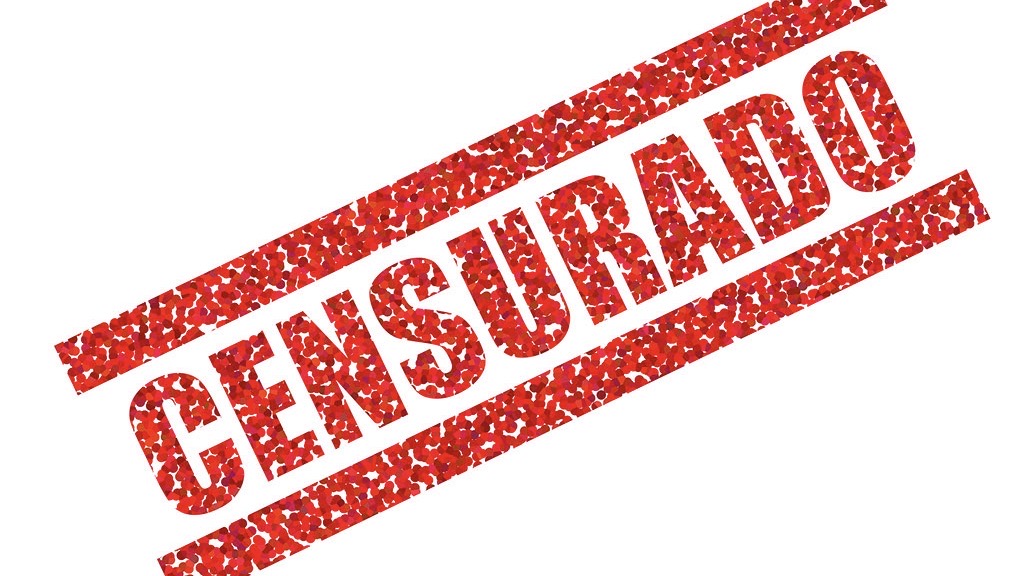Several young Cubans, living mainly in Spain and the U.S., have created an online discussion forum to talk about the price they have paid for exercising their right to free expression.
"The dictatorship made every mother and father a repressor at home; a repressor who loves you, but is a repressor you have to struggle against," said one of the more than 30 participants at a first meeting, with participants connecting from different parts of the world.
"The fact that our elders are afraid that something could happen to us for making our opinions public, demonstrates the lack of free expression that we Cubans suffer," said Rocio Rives, one of the organizers of the event and an Engineering student in Boston.
"Our elders must understand that, if they are free to say, 'I’m a fidelista,' we can also say, 'I’m against that ideology,'" she added.
"After the hunger strike by the San Isidro Movement in November 2020, and the November 27 protest in front of the Ministry of Culture, I began to torture myself psychologically because of my family's possible censorship of my comments on social media. After a lot of dialogue, I managed to get them to respect me. I didn’t change their minds, but I was able to include freedom of expression in my family," said Rives.
Practically all the young people who participated in this meeting have had to block a family member or friend on social media, to keep them from worrying, or out of fear of criticism or repression of their relatives in Cuba.
"I'm afraid of being harassed, or people close to me being harassed, and them preventing me from speaking my mind. I'm afraid of losing friendships because they can't be around someone who speaks their mind, even if we agree on a lot, behind closed doors. I’m afraid of the psychological damage that my relatives who care about me may suffer", says Claudio Gaitán, an organizer of the event from Barcelona.
"To just accept some of these fears would be to just accept terrorism; I’m not willing to do that," Gaitan added.
Alicia Fernández, an organizer in Madrid, shared that her mother was reproached by co-workers in Cuba because of her participation in demonstrations against the regime in Spain and her comments on social media. "The day I demonstrated for the first time I assumed the risk of something happening to me or my family," she said.
The group meets on the second Saturday of each month via Zoom, and held another meeting on May 8. It aims to serve as a support tool to help people overcome their fear of exercising their right to the freedom of expression. According to its promoters, it will welcome all Cubans who want a better future for Cuba, regardless of the country where they live and the ideology they espouse. "The important thing is to follow ideas, not people," said Erick Brito.
"It is important that our language not stem from hate. Many of us in Cuba have been part of the system in one way or another, whether as members of the CDR or the UJC. Don't fear us, this is not a purge, there is a place for all of us, our message must come from love, which is the opposite of the dictatorship, which lashes out against anyone who thinks differently," said one of the participants.
